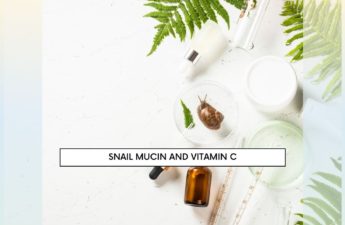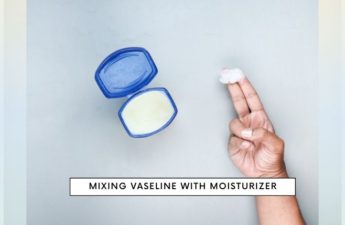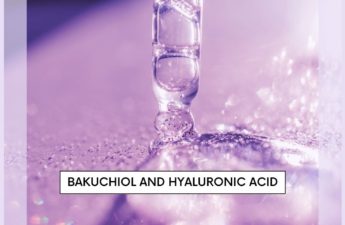Who does not want flawless, supple skin but like every other organs of the body, the skin needs to be pampered and taken care of for it to give off the youthful glow that you have been working so hard to achieve. Exfoliating can speed up the process, no doubt, but when using exfoliators, it is best to know which ones suit you the most in order to protect your skin from damage. Damage can occur mainly in the form of skin barrier damage which means that you need to give your skin some time to rest and restore itself naturally, before you use any topical treatments to make it better. Sometimes the best way to ensure your skin restores its skin barrier is to lay off on any exfoliants and avoid using them until all signs of irritation have disappeared. So exfoliating your skin when your skin barrier is damaged is a big no-no!
What Is the Skin Barrier and How Do I Know It Is Damaged?
Diving into a little bit of skin anatomy 101, the skin barrier is the top-most layer of skin AKA the epidermis which creates the barrier between the outside environment and the inside of your skin. Not only does it have very significant functions that aid in its efficacy, but it houses the dermis underneath it which is filled with collagen and elastic- the same substances that promote buoyancy of the skin and prevent wrinkles on your face. The main functions of a good skin barrier are:
- Preventing moisture loss and attack from outside pathogens;
- Protect you from aging and decrease signs of wrinkles by shielding you from UV exposure;
- Constantly renew itself so you get the best defense possible.
A healthy skin barrier means that it keeps your skin moisturized from within while keeping all kinds of pollutants, bacteria and allergens out. Even though the skin barrier serves us in many important ways, it is also essential to keep in mind that our skin is prone to damage. A damaged skin barrier has cracks within it which can easily cause bacteria and other allergens to enter your skin, creating problems like dermatitis or acne.
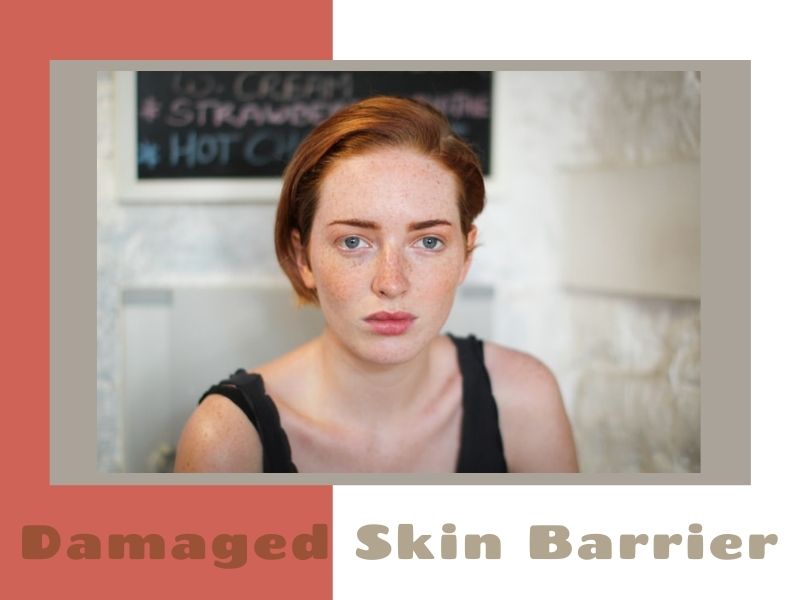
Some factors which can lead to a damaged skin barrier include the following.
- Over-exfoliating your skin or using harsh exfoliants so that your skin loses its barrier and in turn appears flaky and irritated;
- Age can play a major role in the deterioration of the skin barrier because as you age, your ability to replace skin cells wanes;
- Genetics can also play a certain role;
- And lastly, other factors like long-term exposure to pollutants and UV radiation can also cause damage to the skin barrier.
Specifically talking about over-exfoliating, this can occur when we use multiple exfoliants or not the right kind of exfoliants to remove your dead cells. This can lead to micro-tears in our skin, making an entry-way for dirt and bacteria to get inside and clog your pores. It will not only make it difficult for your skin to heal itself, but also cause a hoard of other problems in the long run. So it is best to lay off of these for a while, and give your skin some much-needed recovery time.
What are the Signs of Irritated Skin?
Irritated skin is skin that is under some sort of distress. This can be easily identified by noting some of the classic signs of skin that is irritated. This could range from anywhere between redness, to itchiness and even inflamed skin. Overtime your complexion can end up becoming flaky and dry and you may even end up developing a rash-like texture, which can lead to uneven skin. Breakouts are another sign of irritated skin and these can show up as small, bumpy red pimples.
Different Types of Exfoliants
Exfoliants are usually divided into two types- Chemical exfoliants and physical exfoliants.
Chemical exfoliants are usually included AHAs and BHAs while physical exfoliants are usually scrubs. Although chemical exfoliants do a great job at removing the dead cells from the surface of the skin, they could also potentially damage healthy cells as well if their pH is not properly monitored. On the other hand, physical exfoliants can create microtears that can lead to acne and other skin problems. This is why when choosing an exfoliant, you have to ensure that it has a pH that is not too harsh on the skin. Another good idea is to do a patch test first to see how your skin reacts to it.
Can Exfoliants Harm My Skin?
Exfoliants can only harm your skin if you use them too frequently and if they are not the right kind for you. Everyone’s skin is different and that is why it is so important to find something that your skin can love. Using harsh exfoliants or exfoliating regularly is not always the best idea as it does not allow your skin a break to heal itself.
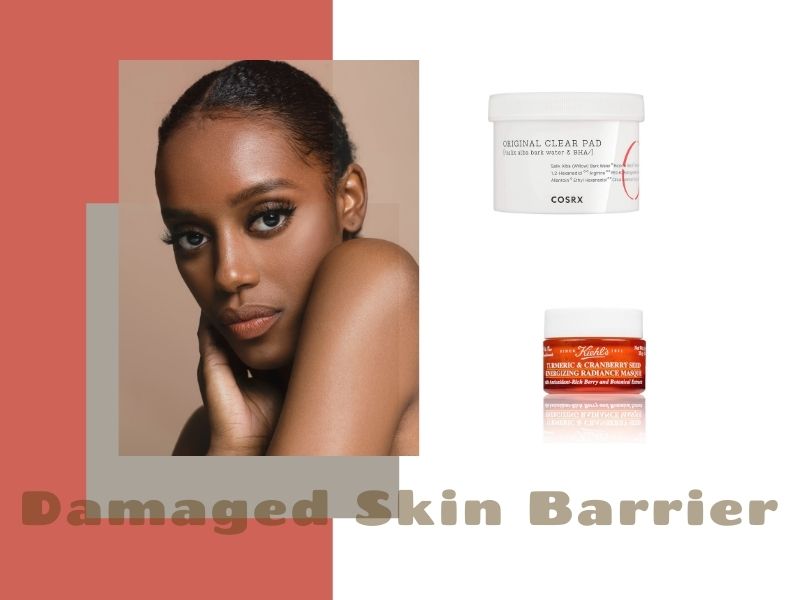
How Do I Incorporate Exfoliants Back into My Routine?
Just because you have had a bad experience with exfoliants once does not mean you swear off of them forever. A lot of dermatologists agree that you can reintroduce your favorite acids back into your routine but you have to do it strategically and slowly.
You can start by avoiding any sort of physical exfoliants like scrubs because they are not only abrasive to the skin but can also cause micro-tears within the skin structure, leading to long-term damage of the skin and in worst-case scenarios, scarring.
You can also make exfoliating suits your skin needs more by experimenting with different chemical exfoliants. For example, it is always best to choose acids with lower concentrations like lactic acid and mandelic acid which contain fruit enzymes beneficial for your skin.
The best option is to use a mild cleanser that contains an exfoliant. This would ensure that you are getting rid of your dead cells while also keeping the healthy ones intact because the cleanser does not stay on your skin for too long. However, this is not preferable when your skin is still healing because you would not want to irritate it any more than it already is.
Stop immediately if you think your skin is getting irritated and give your skin at least a week before you try exfoliating it. This is important because your skin will get some buffer time to rest and rejuvenate itself.
The Bottom Line
When your skin is damaged, it is best to let it recover slowly before trying any exfoliants. At the same time, while your skin is healing, chemical exfoliants can prove to be your friend as they aid in skin healing and give you even skin in the long run. With the right concentration of exfoliants and knowledge on when and how to use them, they can prove to be your biggest assets in keeping your skin forever young and glowing.
